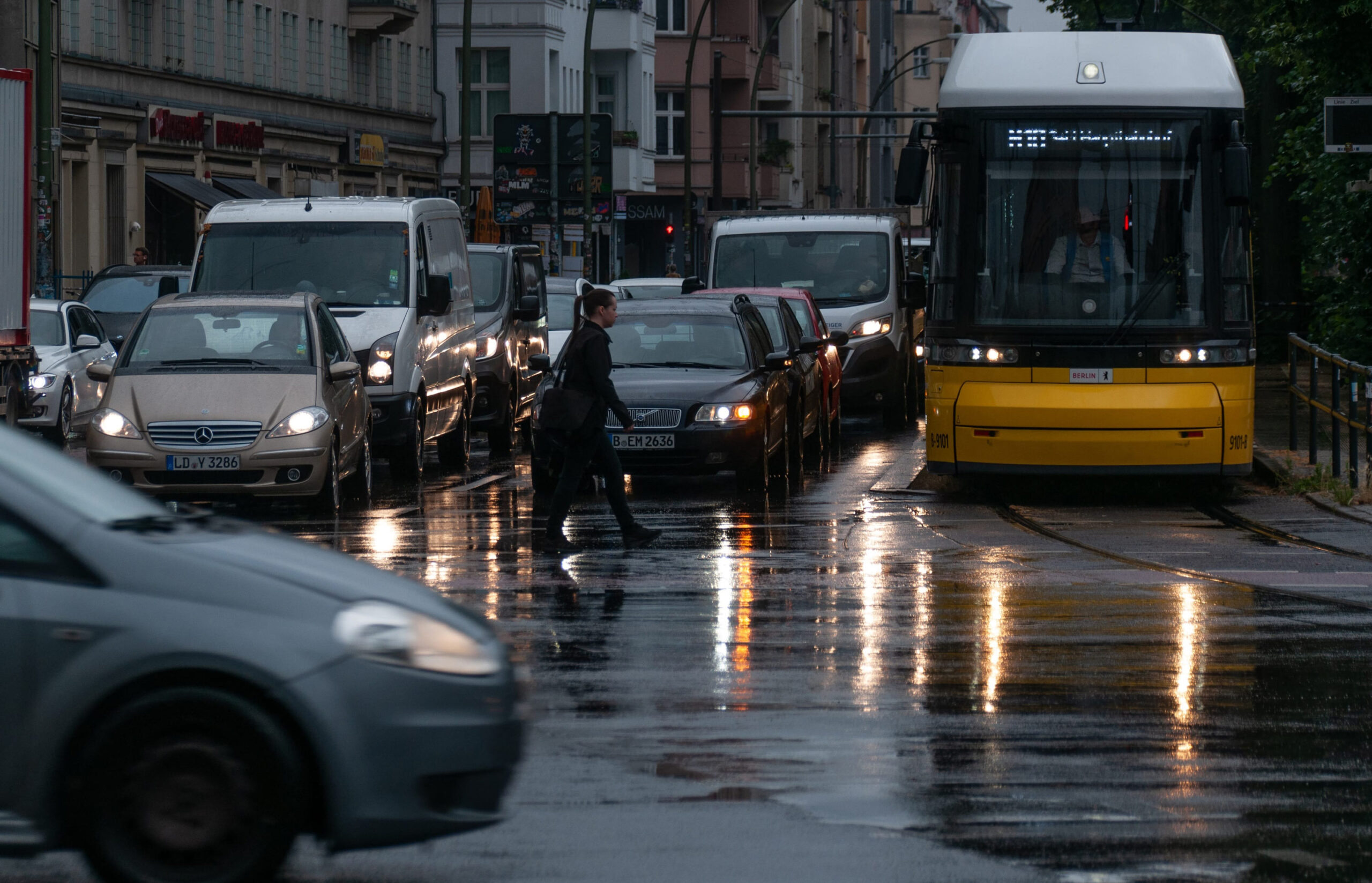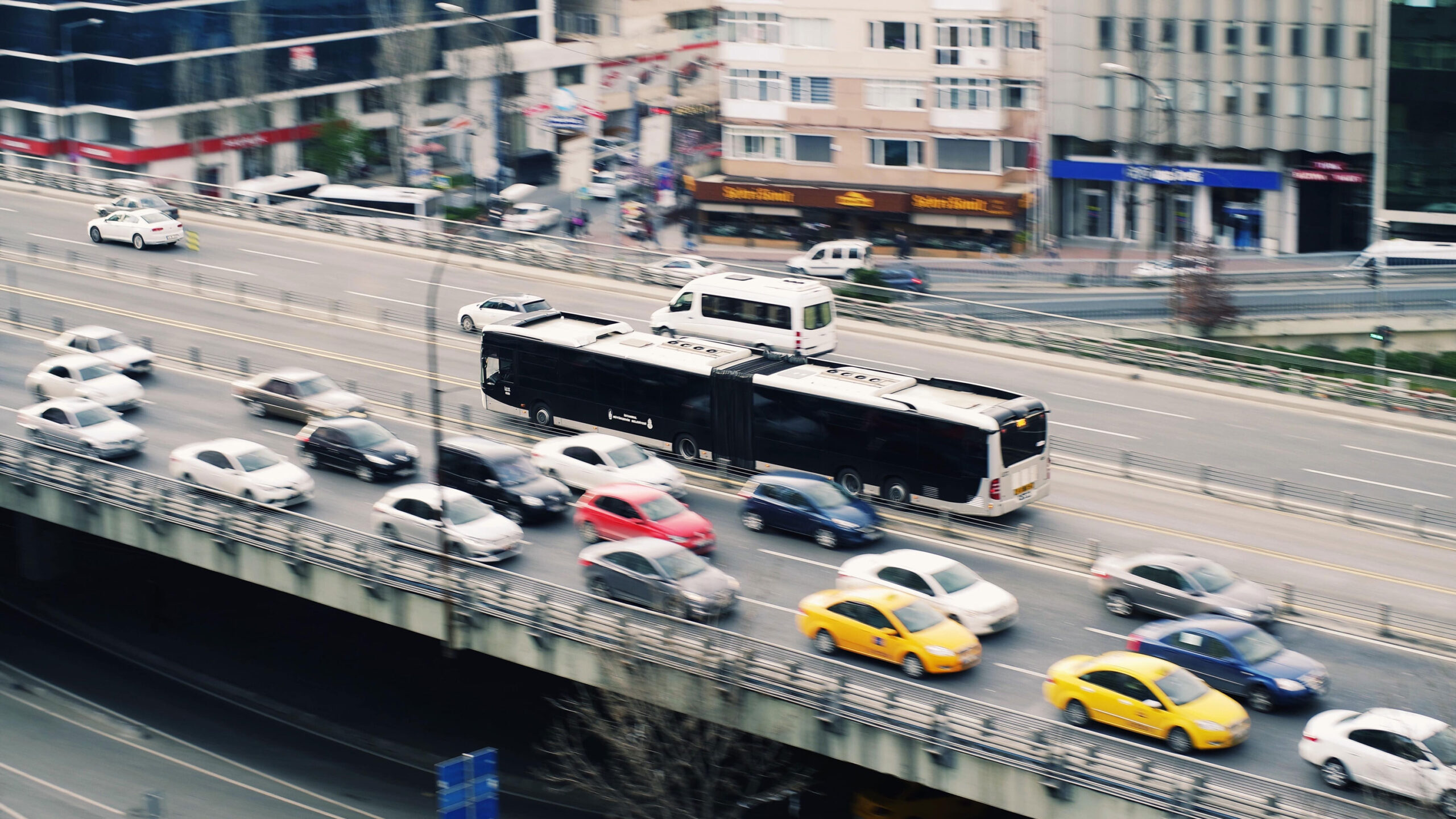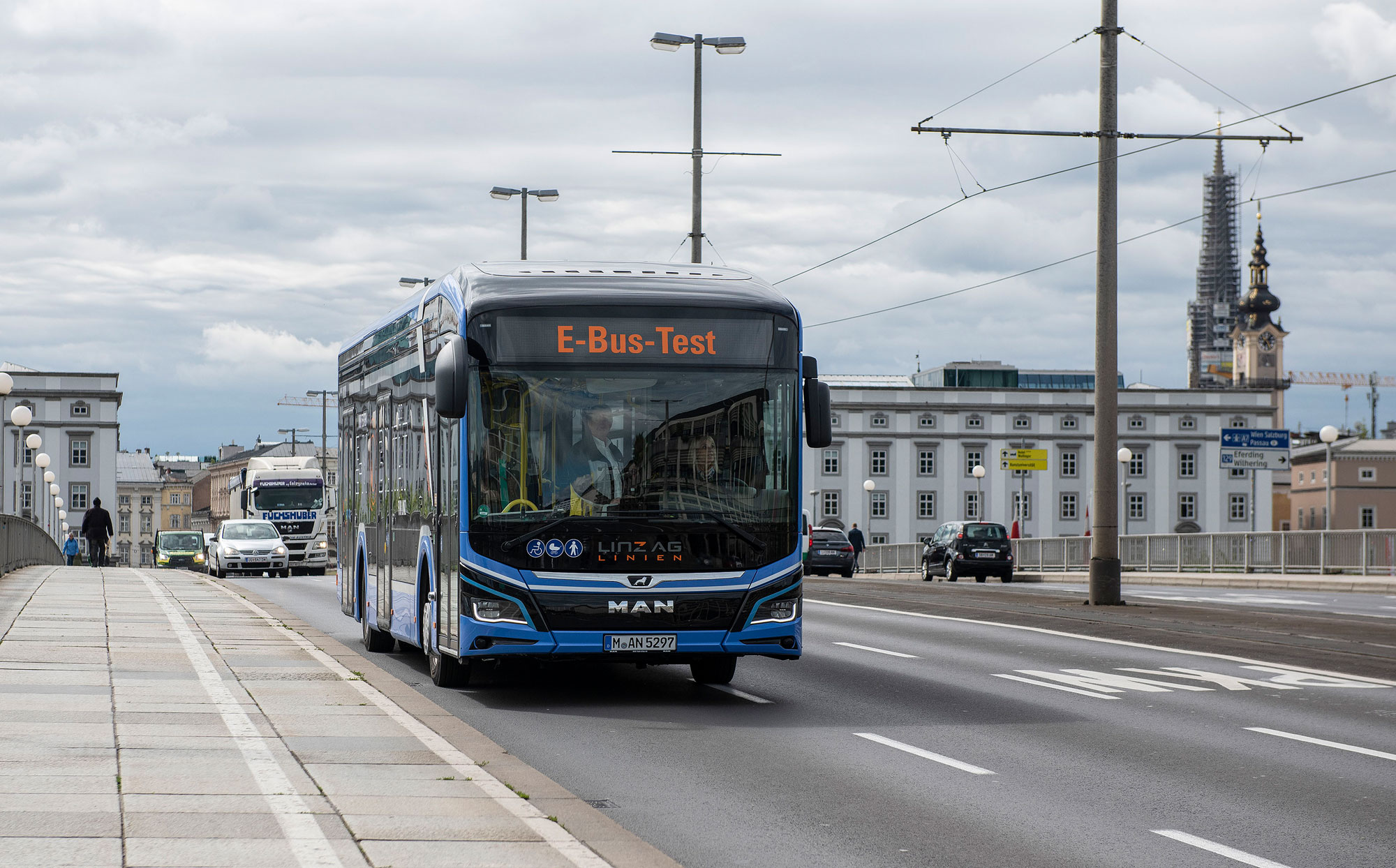As soon as you become aware of incidents or business practices of AGT Bus- & Eventlogistik GmbH where you have doubts as to whether they are in accordance with the legal regulations, the Code of Conduct or other guidelines of AGT Bus- & Eventlogistik GmbH, you can report them now.
Not only the support of employees, but also the assistance of customers and business partners is of great importance. This is the only way to react immediately and avert or minimize damage. Ideally, the problem should be discussed directly and confidentially with a contact person at AGT Bus- & Eventlogistik GmbH. In this way, a solution can be found quickly and without detours.
However, there may be situations in which this direct route does not appear feasible. In such cases, a specialized legal ombudsman (lawyer of trust) has been set up as an internal and external reporting office at AGT Bus- & Eventlogistik GmbH. The information will be received confidentially. The reporting person can communicate openly with the ombudsman, stating their name and contact details. This makes it possible to ask questions about the facts of the case, which sometimes proves to be very helpful. If desired, however, the identity of the person making the report will not be disclosed.
If you do not wish to disclose your identity to the lawyer of confidence, you can submit information online and anonymously via the following whistleblower portal. Anonymous tips will also be investigated.
It is trusted that no information will be submitted with dishonest intent. False reports can have legal consequences. With the help of this reporting system, AGT Bus- & Eventlogistik GmbH ensures that every report is carefully checked and that the reporter does not suffer any disadvantages as a result.
The attorney of trust of AGT Bus- & Eventlogistik GmbH can be reached at the following contact details:





